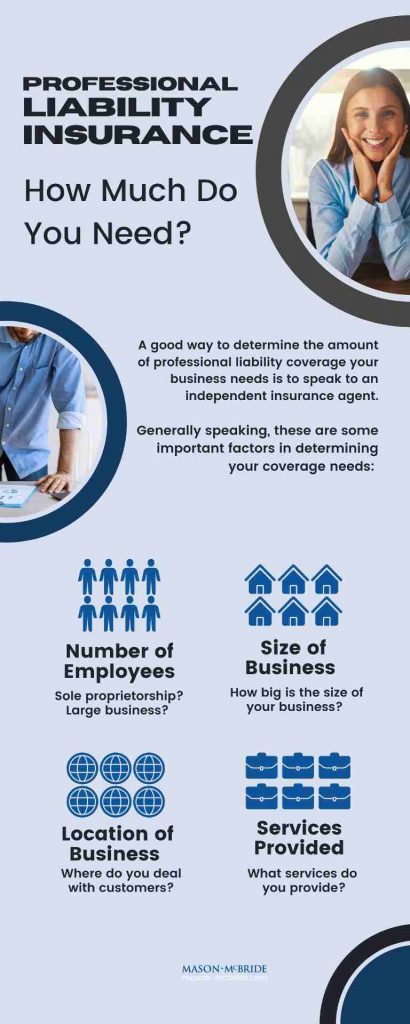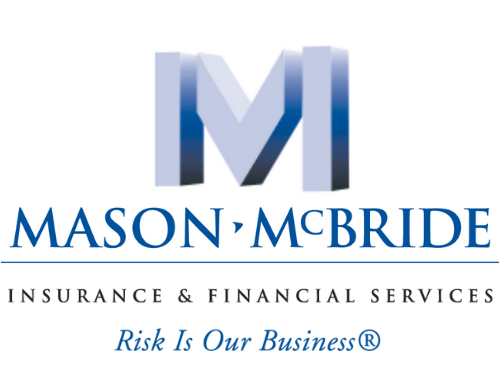Professional liability insurance also known as “errors and omissions” or “practical liability” insurance) is an important risk management tool for many professionals.
Suppose you’re a healthcare professional, lawyer, accountant, engineer, consultant, real estate agent, or any other sort of professional who works for a client regularly. In that case, you may want to consider purchasing this type of coverage.
Several factors must be considered when deciding if professional liability makes sense for you. In this blog post, we will explore the pros and cons of professional liability insurance.
Defining Professional Liability Insurance
Professional liability insurance is a type of coverage that can protect against claims and lawsuits related to the work you perform. The claims may arise from a mistake, something you didn’t do correctly, or something you improperly performed.
In other words, professional liability could cover instances when you did something you shouldn’t have done (an error) or when you didn’t do something you should have done (an omission).
Professional liability policies typically fall into three categories:
- Executive Liability Insurance
- Errors and Omissions (E&O) Insurance
- Malpractice Insurance
How Professional Liability Insurance Works in Real-Life Scenarios
For example, let’s consider this scenario involving a claim made against a law firm:
In this example, the insured law firm provided legal services involving a commercial loan. The loan was intended to be non-recourse, which means the client could not be held personally liable if they defaulted. However, the loan defaulted, and the note was sold to another lender.
The new lender sued the client. An issue over the translation of the loan contract, which the law firm drafted, came up in court, and the court determined the contract was unambiguous and that the law firm had made an error.
A claim was later filed against the law firm for the settlement amount and $465K in related attorneys’ fees. Overall the matter was resolved for an expense of approximately $800,000.
This scenario demonstrates that even careful legal professionals can make errors leading to a client lawsuit. However, in this case, professional liability insurance coverage prevented the law firm from incurring out-of-pocket costs that could have put the firm out of business.
Claim Scenario provided by CNA
Unpacking the Differences: Professional Liability Vs. E&O Insurance
Errors and omissions (E&O) insurance and professional liability insurance offer simular coverage. However, different industries use different terms to refer to the same type of protection.
For example:
- Legal, healthcare, and finance industries often refer to it as professional liability insurance.
- Real estate, consulting, and IT sectors typically call it errors and omissions (E&O) insurance.
Despite the terminology differences, both policies protect professionals from claims related to mistakes, negligence, or failure to fulfill contractual obligations.
Choosing a Professional Liability Policy
Before purchasing a professional liability policy, you should first ensure you understand your state’s licensing and compliance rules.
Key Steps to Choosing the Right Coverage:
✔️ Work with an independent insurance agent to assess your needs.
✔️ Carefully review policy terms, exclusions, and coverage limits.
✔️ Ensure the policy aligns with your industry’s regulatory requirements.
You may find this illustration helpful in understanding how coverage needs are determined:

Take Action to Safeguard Your Business
Find out how Mason-McBride can help protect your business and request a proposal.
For helpful tips on other popular topics, check out commercial articles on
- OSHA Updates Electronic Recordkeeping Rules
- Decoding E&O Insurance Policy Language
- Social Engineering Scams to Watch For
- Cyber Insurance Exclusions
Article By Jamie Parry
